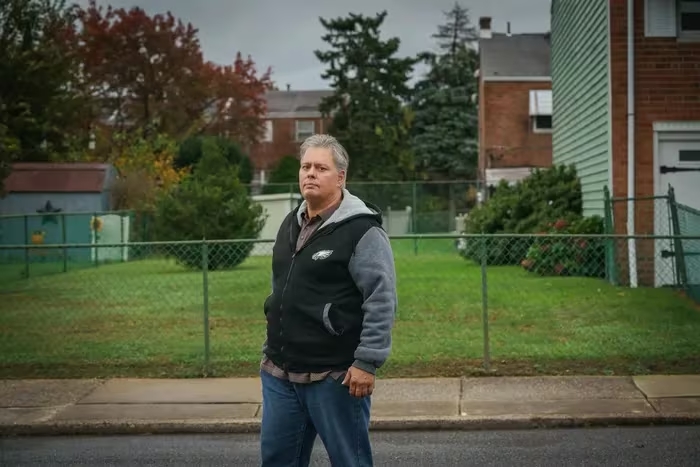Post-conviction litigation is a general term we use to describe collateral attacks on existing criminal convictions in either state or federal court. The substance of these attacks generally addresses newly-discovered evidence, and often that evidence involves revelation of police misconduct. Thanks to the Philadelphia District Attorney’s office adopting an “open file” policy, most post-conviction cases include an opportunity for the Petitioner (the person seeking to have his conviction vacated) to review the District Attorney’s file and the investigation file of the Philadelphia Police Department.
It is often the case that newly discovered evidence is found during these file reviews. Such evidence may include witness statements or other investigation materials that were withheld from the defendant/Petitioner prior to trial. Such withholding, if it is serious enough, can be grounds for overturning a conviction. The downside is that review of files is a lengthy process. Many weeks are necessary for the files to be retrieved. Then a review session must be scheduled at the District Attorney’s office. That review session could take anywhere from several hours to several days. During review, the Petitioner’s attorney designates portions of the file to be scanned and provided at a later date. This means more delay. Then, once the documents are received from the District Attorney’s office, there needs to be a detailed review that takes between weeks and months. Some of the files we are reviewing are thousands of pages long. We are often trying to interpret poor copies or read sloppy handwriting. The attention to detail is an absolute necessity, so the process is time-consuming.
The attorney is in a very challenging position if there is still no claim after the above, months-long process, is completed. Is it appropriate to just abandon the case after putting in so much time and effort? What if the attorney has accepted a fee but has no theory to advance the case? Should they give the money back? Every case is different and every client is different. There may be reasons to push ahead with a case in this difficult posture. Also, some attorneys only collect a partial fee for the review and don’t ask for additional payment if the case simply cannot work.
There are clues that we look at before we even request a review of files. These are not full-proof ways to predict a case’s viability, but some of these indicators have proven reliable in evaluating cases before months of litigation.
- Was there a long gap (six months or more) between the date of the crime and the date of the Petitioner’s arrest? If yes, there is a higher likelihood of misconduct.
- Are any of the officers and detectives involved in the investigation known to have committed Constitutional violations and other misconduct in their handling of other cases? If yes, there is a higher probability that the post-litigation case may have a chance.
- Is there a complete and utter lack of forensic evidence (DNA, fingerprints, ballistics, etc.) that connects the Petitioner to the crime? If yes, there is a greater chance that the witnesses gave false testimony.
- Did witnesses repeatedly change their stories in multiple statements to the police during the investigation? This can be an indication that coercion or false testimony was used at trial.





